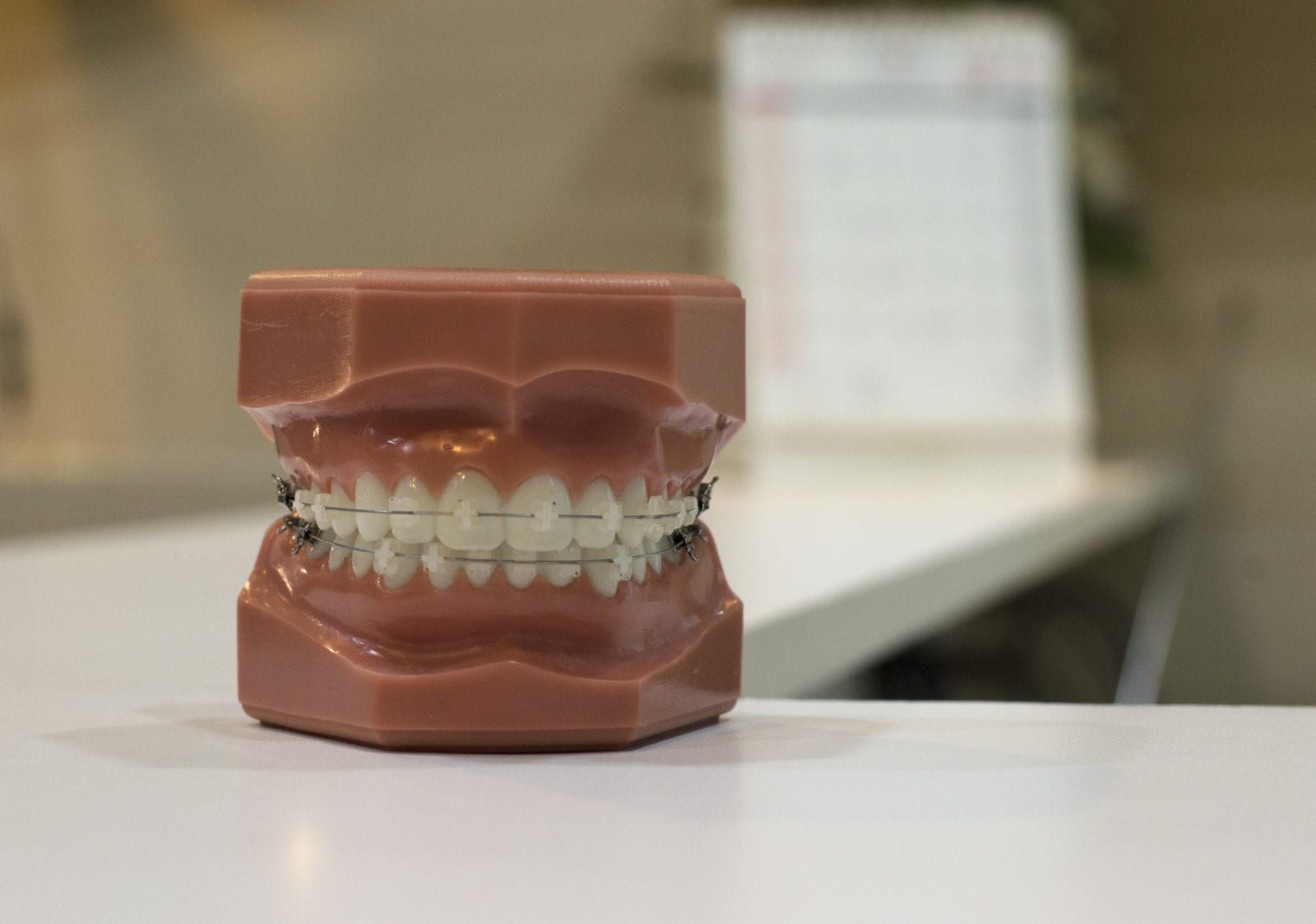Benefit plans are a complex component of business, maybe more so in small businesses. They involve a delicate balance of cost and needs. In large businesses, finding the right mix of benefits can be a case of “trying to please everyone a little bit”. In small businesses, you might have few employees, but all with very different needs, which can make building an effective benefit plan difficult.
A Health Spending Account (HSA) can help fill in the gaps. HSAs offer employees more flexibility by topping up existing coverage and providing coverage for health-related expenses that may not be included in their group benefit coverage.
Employees can use their HSA funds to cover any costs that qualify for the Medical Expense Tax Credit under the Income Tax Act. It can also be used to cover expenses for dependents who may not qualify under your group plan, as long as they qualify as dependents under the Act.
An HSA can also help your employees plan for larger medical or dental costs. For instance, if you add a carry-over option to your plan, employees can apply unused claims against their HSA in the following year. Another option allows employees to carry over any unused funds from the year previous to the current year’s limit.
You choose the funding level and costs will not exceed these limits (plus administration expenses and taxes). There are no set-up fees, no annual fees, and no advanced deposits. In addition, the amounts paid through your HSA are tax deductible for the company, just like traditional group benefits premiums.
Simple and effective, Health Spending Accounts can add flexibility for your employees and help give you better control over costs.
Speak with your local advisor about HSAs and other ways to enhance your plan.




